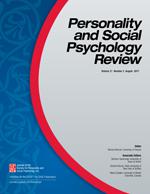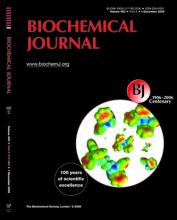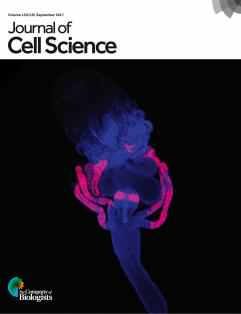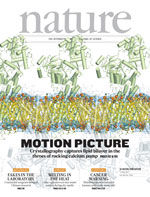 A JAMA journal has issued an expression of concern for a 2013 paper after discovering “substantial overlap” with a recently retracted paper in another journal.
A JAMA journal has issued an expression of concern for a 2013 paper after discovering “substantial overlap” with a recently retracted paper in another journal.
In April 2017, the editors of JAMA Otolaryngology − Head & Neck Surgery received allegations that the paper included data that had been published in other journals. After investigating, the editors discovered extensive overlap between several sections of the JAMA paper and a now-retracted 2015 paper by the same group. The 2015 paper, published in the Journal of the American College of Surgeons (JACS), was pulled in July 2017, after the editors determined the statistical results were “incorrect” and “the data do not support the conclusions of the article.”
Given the overlap between the two papers, the JAMA editors contacted the University of L’Aquila, where the authors work, to request a formal investigation to evaluate the “integrity of the research.” Jay Piccirillo, the editor of JAMA Otolaryngology − Head & Neck Surgery, told us:
Continue reading JAMA journal calls for formal investigation into surgery group’s work
 Can seeing a weapon increase aggressive thoughts and behaviors?
Can seeing a weapon increase aggressive thoughts and behaviors? 


 A journal has published an expression of concern (EoC) for a paper on cancer genetics in mice, over a concern about data in some gel panels.
A journal has published an expression of concern (EoC) for a paper on cancer genetics in mice, over a concern about data in some gel panels.  Nature
Nature A social psychology journal has added an expression of concern to a paper by
A social psychology journal has added an expression of concern to a paper by 
